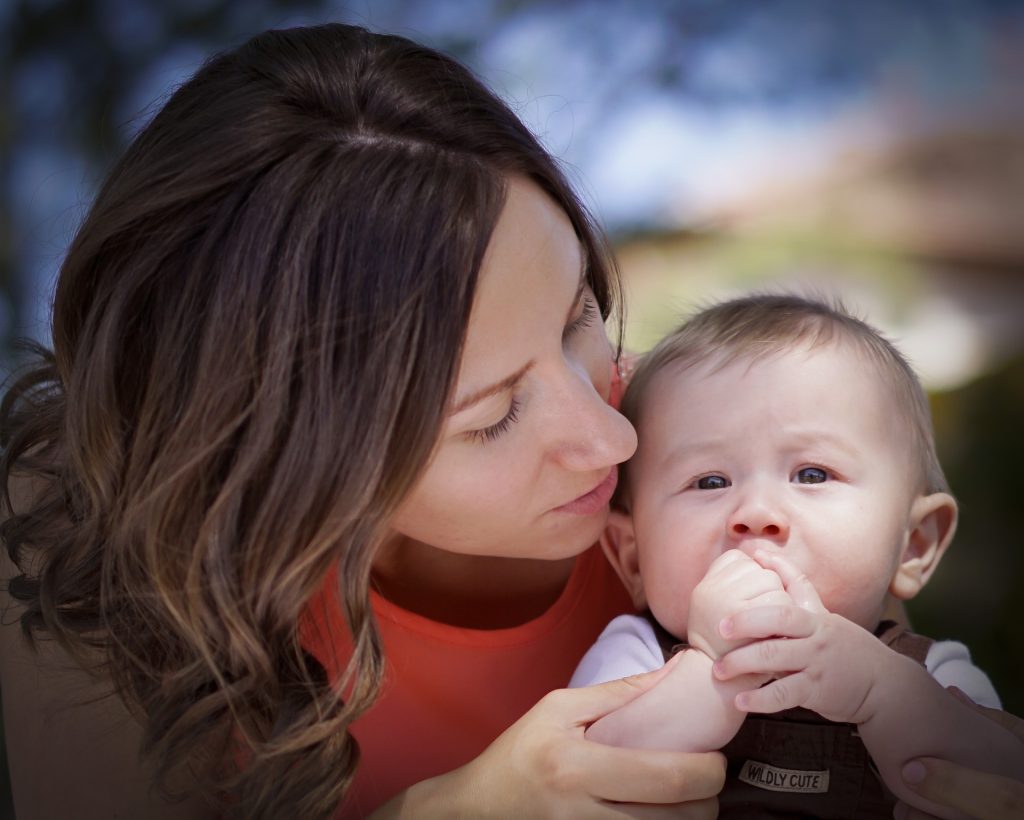Prioritizing parental mental health is crucial for children’s emotional resilience

Prakash Khanal
Parental mental health is crucial in shaping children’s emotional well-being and resilience. Understanding this association is vital for fostering healthy environments where children can thrive despite various challenges.
Prior research consistently demonstrates that the mental health of parents significantly impacts their children’s mental health (van Dijk et al., 2021; Dachew et al., 2023; Yin et al., 2024). Children are deeply affected by their parents’ emotional states with studies indicating that young people with father, mother or both parents diagnosed with any psychiatric disorders are more likely to face similar challenges themselves.
Anxiety disorders are increasingly recognized as a significant mental health issue among children and adolescents, affecting approximately 6.5% of this population globally. The implications of untreated anxiety can extend into adulthood, leading to various mental health challenges such as depression, substance abuse and suicidality.
Our recent Finnish nationwide register study sheds light on the critical role parental mental health plays in the development of anxiety disorders in children, emphasizing the need for targeted interventions (Khanal et al., 2024). We found strong association between wide spectrum of parental psychiatric disorders and the likelihood of anxiety disorders in their offspring.
Notably, maternal mental health was found to have a substantial impact compared to paternal mental health. This suggests that mothers’ psychological wellbeing is particularly crucial for the emotional development of their children.
The risk significantly increases when both parents have psychiatric disorders, which highlights the compounded effect of parental mental health on children’s emotional well-being. This association underscores the importance of addressing parental mental health as a foundational step in supporting children’s wellbeing.
Impact of parenting practices
The impact of parenting practices on children’s mental health is profound and multifaceted.
Parents dealing with mental health issues may sometimes resort to hostile parenting practices. This style includes behaviors such as harsh discipline, criticism, and emotional unavailability and may find it difficult to provide the nurturing and responsive care that children need. Some parents with mental health struggles may adopt an authoritarian parenting style, characterized by strict rules and high demands with little emotional support. This approach can lead to children feeling undervalued and suffer low self-esteem (Vijay et al., 2022).
Difficulties such as depression, anxiety and substance use disorders in parents can hinder their ability to engage positively with their child and may struggle to manage their emotions or set appropriate boundaries potentially leading inconsistent parenting behaviors and creating an unstable environment for children. On the contrary, when parents prioritize their mental health, they are better equipped to foster healthy relationships and provide emotional support. This creates a positive feedback loop where improved parental mental health leads to better communication with their children and in turn supports children’s emotional development.
Modeling healthy coping mechanisms
Parents act as a main role model for their children. When parents openly address their mental health struggles and demonstrate effective coping strategies, they teach children valuable lessons about resilience and emotional regulation. Establishing an open and non-judgmental atmosphere encourages children to share their feelings without fear of criticism.
Parents should reassure their children that all emotions are valid, fostering an environment where open dialogue is encouraged. This is particularly important for parents dealing with mental health issues. Parents who are comfortable discussing their own emotional experiences create an environment where children feel safe to express their worries and fears.
Study indicates that parents’ emotion talks and questions significantly influence children’s discussions about self-conscious emotions, suggesting a supportive environment for expressing worries and fears (Cooper et al., 2023). Similarly, this is crucial for children as well who observe their parents managing stress and anxiety are more likely to adopt similar strategies when faced with their own challenges.
Encouraging open communication about feelings and mental health can significantly reduce anxiety in children.
Community and professional support
Accessing community resources, such as parenting groups or counseling services, can empower parents to seek help when needed. These supports can alleviate feelings of isolation and provide practical strategies for managing both parenting challenges and personal mental health issues. Initiatives that provide resources and support for parents can help mitigate the adverse effects of parental mental health issues on children. Moreover, addressing stigma surrounding parental mental illness encourages more families to seek help, ultimately benefiting children’s development.
Conclusion
The interplay between parental mental health and children’s anxiety is profound. Addressing parental mental health is not just beneficial but essential for helping children overcome anxiety disorders. By prioritizing their own mental well-being, parents not only enhance their capacity to support their children but also foster a healthier family dynamic. Open communication, effective coping strategies and community support are vital components in this process.
We can implement more effective prevention and treatment strategies by recognizing the interconnectedness of parental and child mental health. This holistic approach can lead to healthier families and ultimately a reduction in anxiety disorders among children.
It is crucial to prioritize mental health initiatives that support both parents and children, fostering a healthier future for the next generation. And as we continue to recognize the importance of parental mental health, we pave the way for healthier generations capable of navigating life’s challenges with confidence and resilience.
Finally;
If a child lives with criticism, s/he learns to condemn.
If a child lives with fear, s/he learns to be apprehensive.
If a child lives with ridicule, s/he learns to be shy.
If a child lives with acceptance, s/he learns to love.
If a child lives with encouragement, s/he learns to be confident.
If a child lives with friendliness, s/he learns the world is a nice place in which to live to love and be loved. – (anonymous)
‘Prakash Khanal is a doctoral researcher at Research Center for Child Psychiatry, INVEST Research Flagship Center, University of Turku, Finland’
References:
van Dijk, M. T., Murphy, E., Posner, J. E., Talati, A., & Weissman, M. M. (2021). Association of multigenerational family history of depression with lifetime depressive and other psychiatric disorders in children: Results from the Adolescent Brain Cognitive Development (ABCD) Study. JAMA Psychiatry, 78(7), 778–787.
Dachew, B., Ayano, G., Duko, B., Lawrence, B., Betts, K., & Alati, R. (2023). Paternal depression and risk of depression among offspring: A systematic review and meta-analysis. JAMA Network Open, 6(8), e2329159.
Yin, W., Pulakka, A., Reichenberg, A., Kolevzon, A., Ludvigsson, J. F., Risnes, K., Lahti-Pulkkinen, M., Persson, M., Silverman, M. E., Åden, U., Kajantie, E., & Sandin, S. (2024). Association between parental psychiatric disorders and risk of offspring autism spectrum disorder: A Swedish and Finnish population-based cohort study. The Lancet Regional Health – Europe, 40, 100902.
Khanal, P., Ståhlberg, T., Upadhyaya, S., Heinonen, E., Ortin-Peralta, A., & Sourander, A. (2024). Parental psychopathology and offspring anxiety disorders in childhood and adolescence: A Finnish nationwide register study. Journal of Affective Disorders, 368, 374-382.
Vijay, C., Gonsalves, K. P., & Ramesh, N. (2022). Parenting styles and mental health of adolescents: A cross-sectional study in South India. Journal of Mental Health and Human Behaviour, 27(1), 19-23.
Cooper, A. M., Reschke, P. J., Porter, C. L., Coyne, S. M., Stockdale, L., Graver, H., Siufanua, M., Rogers, A. A., & Walle, E. A. (2023). “Oh no! What happened?” An investigation of parent–child conversations about self-conscious emotions. Developmental Psychology.
